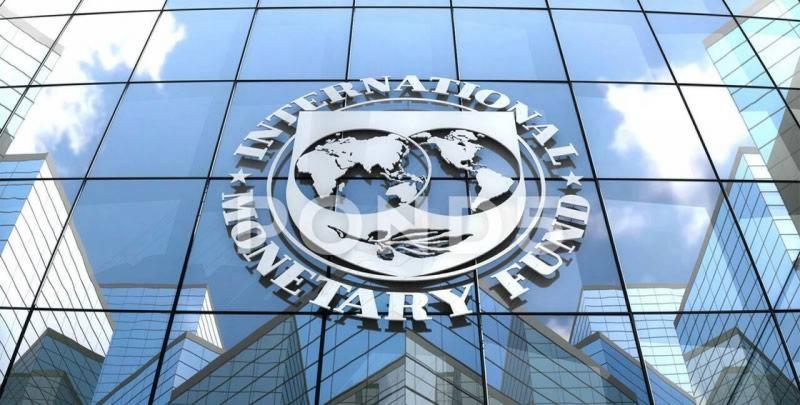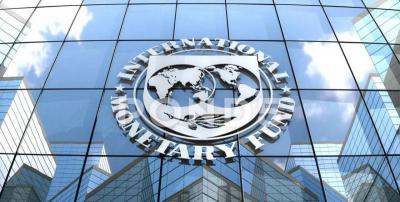The International Monetary Fund (IMF) indicated on Wednesday that economic growth in the Middle East and North Africa, as well as Central Asia, is expected to slow down in 2023. In its regional economic outlook report, the IMF projected that real GDP growth in the Middle East and Central Asia will decline to 2.9% in 2023 from 5.3% last year, before improving to 3.5% in 2024.
Growth in the Middle East and North Africa is anticipated to slow to 3.1% in 2023 from 5.3% last year, while the Caucasus and Central Asia region is expected to see a decrease to 4.2% from 4.8% in 2022. Economic growth in Egypt is projected to fall to 3.7% in 2023 from 6.6% in 2022 due to economic challenges, prompting the country to seek a $3 billion financial support package from the IMF over 46 months.
A senior IMF official mentioned that reforms led by the Saudi government and private investment growth in new sectors will support non-oil economic growth in the Kingdom amidst expectations of a significant slowdown in overall growth this year. The IMF forecasts Saudi GDP growth to drop by more than half to 3.1% this year, aligning with projections for oil-exporting countries in the Middle East.
Jihad Azour, Director of the IMF’s Middle East and Central Asia Department, stated to Reuters: “Factors of uncertainty prevail, and there are a number of risks affecting the economic performance outlook for the region.” He added: “Some of these risks are global, some are related to interest rate differentials between countries, but some stem from the fact that a certain number of countries have high levels of debt.” He continued: “Cutting oil production will affect growth as production decreases but revenues may grow, which could positively impact both the current account and reserves and budget deficits.”
Azour noted: “The size of the non-oil economy is growing, mainly driven by the private sector.” He emphasized that monetary and fiscal tightening policies across the region and strict financial conditions call for accelerating the pace of structural reforms to enhance potential growth and increase resilience.




